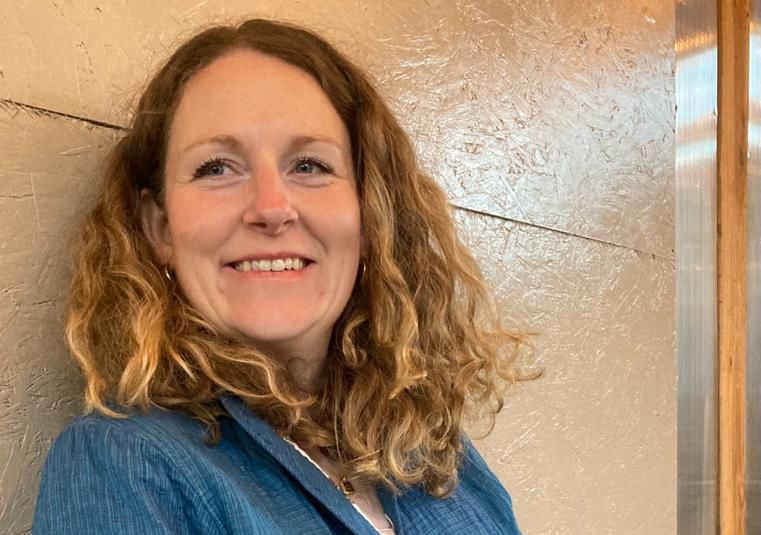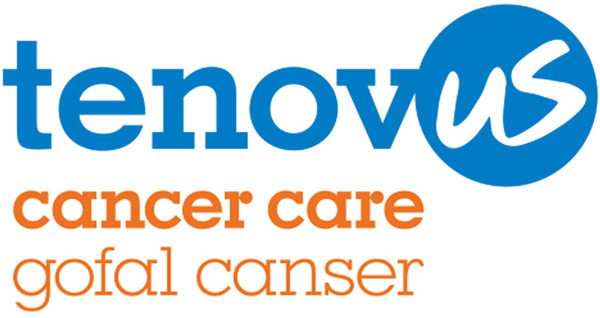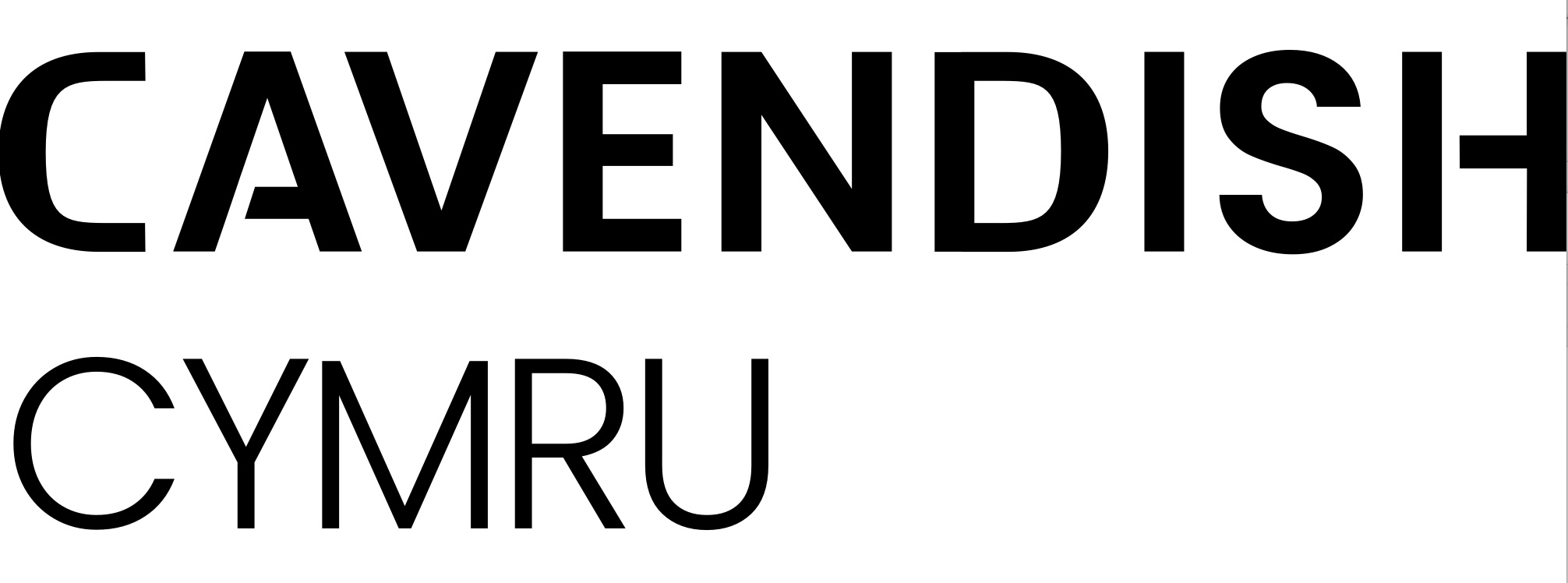This morning’s Health and Social Care Committee hearing marked an important moment for gynaecological cancer in Wales. Two years after the publication of the Unheard report, the Cabinet Secretary for Health and Social Care Jeremy Miles, the Minister for Mental Health and Women’s Health Sarah Murphy, the Chief Nursing Officer Sue Tranka, and NHS Wales’s Chief Executive Nick Wood, appeared before the Senedd to discuss progress on its recommendations.
At Claire’s Campaign, we welcomed the opportunity to hear directly from the Welsh Government and NHS Wales on how they’re taking forward this work. The session made one thing clear: while there has been movement in parts, there is still a long way to go before women’s experiences of gynaecological cancer truly change on the ground.
A mixed picture of progress
The Ministers described a “mixed picture”, and that felt accurate. We heard encouraging updates about work underway to publish gynaecological cancer data, the expansion of women’s health hubs, and renewed attention on behavioural-science research to improve HPV vaccination rates. These are positive steps.
But throughout the discussion, there was also a sense of drift. Gynaecological cancer often slipped back into broader conversations about women’s health, menopause, contraception, and endometriosis, rather than being treated as a distinct, urgent priority. It was a reminder that focus matters.
We also welcomed the Minister’s acknowledgement that gender competency and cultural awareness must be embedded more deeply in women’s health services. Building trust through understanding is vital to ensure women are heard, believed, and referred promptly when something isn’t right.
Where change still needs clarity
From our perspective, several areas stood out as needing greater pace and direction:
– Clear leadership and accountability: Two years on, it remains unclear who is ultimately responsible for driving improvements in gynaecological cancer outcomes across Wales. Without visible ownership, progress risks becoming fragmented.
– Awareness and early diagnosis: Ministers confirmed that public awareness campaigns on gynaecological cancer symptoms have yet to be developed. Updated materials are welcome, but awareness campaigns save lives, and women across Wales are still telling us they didn’t recognise their symptoms soon enough.
– Funding focus: The £3.8 million investment in women’s health research is positive, but there is still no dedicated funding for gynaecological cancer research or awareness.
– Data and transparency: The Government’s commitment to publish disaggregated data on gynaecological cancer by the end of the next financial year is vital, but timeliness matters. Until data is public and comparable, it’s difficult to measure whether women are seeing real improvements in diagnosis or outcomes.
The Committee also raised questions about the high rate of emergency presentations among women later diagnosed with gynaecological cancer. The Welsh Government said it could not verify the 41% statistic referenced during the session; however, that figure originates from the 2025 National Ovarian Cancer Audit, which reports that around 41% of women with ovarian cancer in England and Wales are diagnosed following an emergency admission. While there isn’t yet a dedicated Welsh dataset for all gynaecological cancers, the figure highlights how often ovarian cancers, and likely others within the group, are detected late. We’re encouraged to hear that an NHS fellow within the National Cancer Team is now examining emergency presentations across cancer types, including ovarian, which could help inform better early detection across the board.
Listening must lead to doing
The hearing showed genuine intent from the Government and NHS Wales to address the concerns raised in Unheard. Yet intent alone isn’t enough. Women across Wales are still facing delayed diagnoses, prolonged waits for treatment, and the feeling of not being believed when something doesn’t feel right.
The test now is whether the next twelve months deliver visible change:
– earlier diagnosis through better GP pathways and symptom awareness,
– faster treatment within the Single Cancer Pathway, and
– transparent data so progress, or lack of it, can be seen and acted upon.
Keeping the conversation going
We remain committed to working constructively with Welsh Government, NHS Wales, and the Wales Cancer Network to make those changes a reality. Our goal isn’t to unfairly criticise, it’s to ensure that no woman has to experience the frustration, fear, and dismissal that Claire did.
If you’ve been affected by gynaecological cancer, or if you want to help amplify women’s voices, we’d love to hear from you. Join the campaign by showing your support and sharing your story with us, or email us at info@clairescampaign.cymru.
Together, we can make sure the women of Wales are not just heard, but acted upon.






